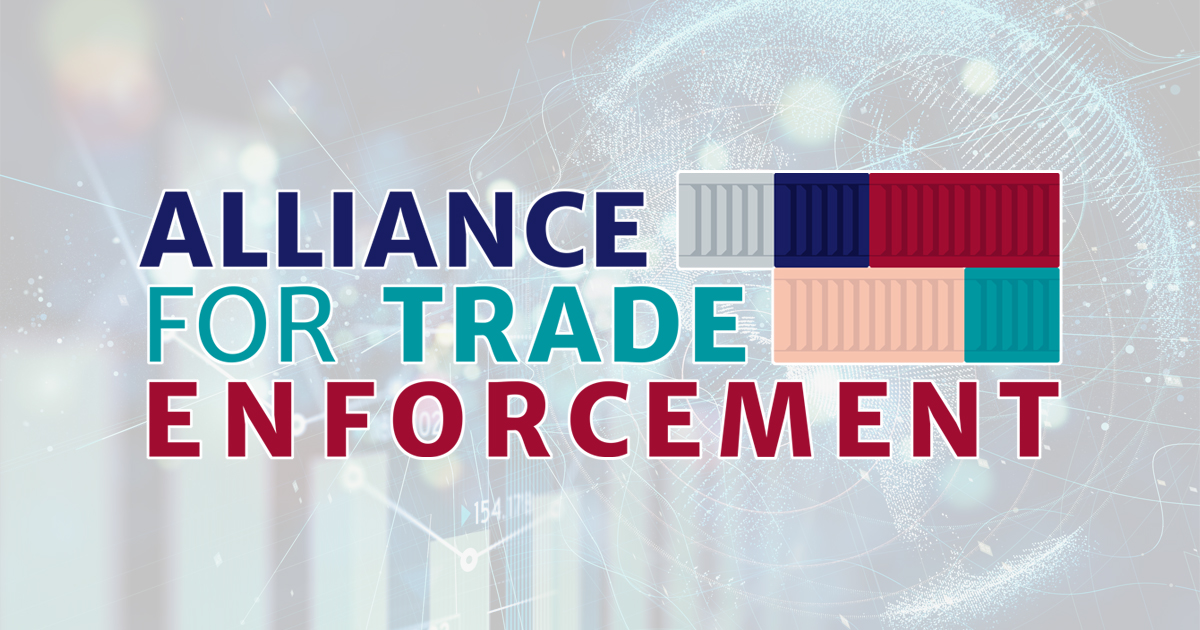|
During the December 2022 World Trade Organization General Council meeting, member states agreed to extend the deadline for deciding whether to suspend intellectual property rights for Covid-19 therapeutics and diagnostics. The General Council will determine the length of the delay at its next meeting in early March.
Thanks to months of intense advocacy from patient groups, trade experts, and congressional offices, the U.S. government has refrained from signaling support for that IP suspension.
The government’s decision to postpone any decision — while better than an outright endorsement of the IP waiver — is still far from ideal. The ongoing delay merely increases the uncertainty surrounding IP protections and disincentivizes companies from researching and developing treatments for Covid-19 and other diseases. It isn’t clear why the U.S. government needs more time to make a final decision, considering that the evidence against an expanded IP waiver has been overwhelming for months.
IP has not hindered access to Covid tests and treatments. On the contrary, IP has enabled wider access to these life-saving products. In November, Mexico and Switzerland sent a written communication to the WTO’s Council for Trade-Related Aspects of Intellectual Property noting that 138 voluntary licensing agreements already support access in more than 127 countries. Companies may have hesitated to sign these agreements without assurances that their IP would be protected. Thanks in part to global IP rules like the TRIPS Agreement, there is actually a glut of treatments across the globe. The same is true of vaccines. As the Mexican-Swiss communication noted, “no adjustments to the IP system seem to be required.”
Importantly, an expanded IP waiver would impact patients’ access to treatments for diseases far beyond Covid. As the Progressive Policy Institute warned, an IP waiver for Covid-19 treatments and tests “could apply to a variety of multipurpose medical devices and medicines yet to be invented.” Some of the technology underlying Covid therapeutics is already being used to combat other illnesses, or could be utilized this way in the future. Slashing IP rights carries the risk of chilling “dual use” innovation and investment, which would set us back in our fight against an array of pressing public health concerns.
Reducing incentives for innovation would have serious consequences for the entire economy, including U.S. supply chains, small businesses, and union workers. Biopharmaceutical firms and their investors may put off decisions until they are certain the WTO won’t be giving their IP away, thereby reducing investment in new research and the facilities where that research happens. That wouldn’t just threaten jobs for scientists and lab technicians; it’d also reduce the demand for electricians, pipefitters, and construction workers, to name a few.
Instead of undermining the system that facilitated the creation and global trade of revolutionary tests and treatments in the first place, the WTO should address the real obstacles to equitable care. The trade body can start by focusing on the elimination of trade barriers on medical products, including import and export restrictions, protectionist regulatory measures, and excessive import duties and other taxes. For instance, duties and taxes combine for an effective tax rate of up to 28% on active ingredients and finished pharmaceutical products in India. State and local taxes in Brazil, meanwhile, add up to 31% of the cost of medicines in the country, more than five times the global average.
The Alliance for Trade Enforcement will actively participate in the ITC’s investigation, seizing the opportunity to share information about the current availability of Covid-19 diagnostics and therapeutics, as well as the disastrous effects of an IP waiver expansion. AFTE urges other critical stakeholders, including Members of Congress and their staff, to voice their concerns as well.
|


